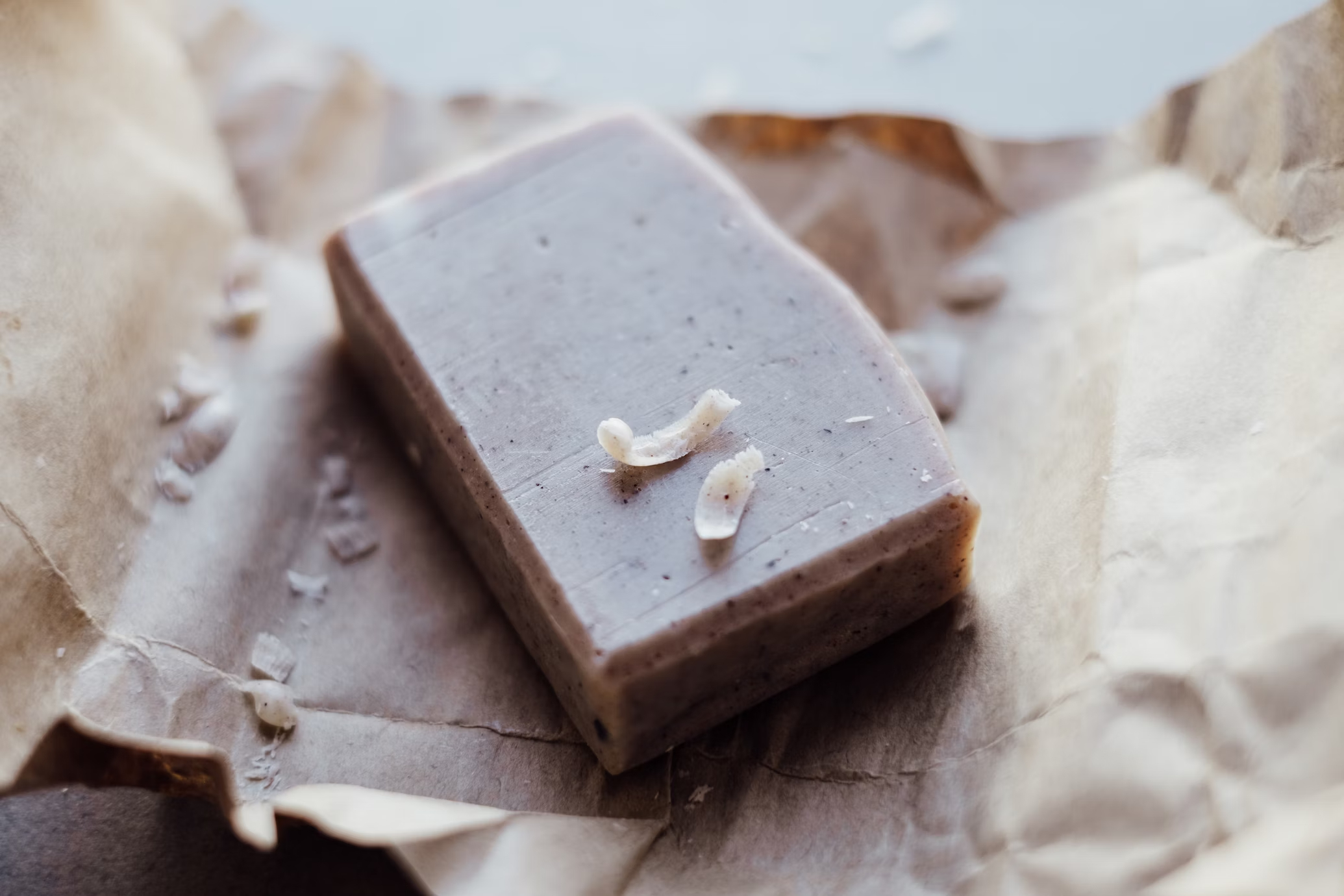Collagen, often referred to as the “building block” of the skin, plays a crucial role in maintaining its strength, elasticity, and youthful appearance. As we age, collagen production naturally declines, leading to wrinkles, sagging skin, and a loss of firmness. However, the world of skincare has witnessed a surge in collagen-based products claiming to rejuvenate and restore the skin. In this blog, we’ll delve into the science behind collagen, how it works in skincare, and what you can realistically expect from incorporating collagen into your routine.
Understanding Collagen:
Collagen is a protein that makes up a significant portion of our skin, hair, and nails. It provides structural support, promoting firmness and elasticity. There are various types of collagen, but Type I collagen is the most abundant in the skin, contributing to its strength and resilience. Over time, factors like aging, sun exposure, and environmental stressors lead to a decrease in collagen production, resulting in visible signs of aging.
Collagen in Skincare:
Skincare products often contain collagen, either in the form of topical creams, serums, or supplements. The goal is to replenish the skin’s collagen levels and address the signs of aging. However, it’s essential to understand that applying collagen topically doesn’t necessarily mean it will directly replace the collagen in your skin.
Collagen Molecules and Skin Penetration:
The collagen molecule is relatively large, making it challenging for it to penetrate the skin deeply. Therefore, some experts argue that applying collagen directly may not have the desired impact on collagen levels in the skin. Instead, collagen in skincare products may work by hydrating the skin and temporarily improving its appearance.
Stimulating Collagen Production:
Rather than relying solely on topical collagen, many skincare products focus on ingredients that stimulate the skin’s natural collagen production. Retinoids, peptides, and vitamin C are among the ingredients known for their collagen-boosting properties. These compounds can encourage the synthesis of new collagen fibers and promote overall skin health.
Collagen Supplements:
Another avenue for collagen enthusiasts is oral collagen supplements. These supplements come in various forms, such as powders, capsules, or drinks. The idea is that by ingesting collagen, your body will use it to support the skin’s structure. While some studies suggest that oral collagen supplements may improve skin hydration and elasticity, more research is needed to establish their effectiveness conclusively.
Realistic Expectations:
It’s crucial to approach collagen-based skincare with realistic expectations. While these products can provide hydration and temporarily enhance the skin’s appearance, they may not be the ultimate solution for reversing all signs of aging. Factors like genetics, lifestyle, and overall skincare routine play a significant role in achieving healthy and youthful skin.
Collagen as Part of a Comprehensive Skincare Routine:
To maximize the benefits of collagen in skincare, consider incorporating it into a comprehensive routine. This includes using sunscreen to protect against UV damage, maintaining a healthy diet rich in antioxidants and nutrients, and staying hydrated. Combining collagen with other proven skincare ingredients can enhance its effectiveness.
Conclusion:
Collagen is undeniably a key player in maintaining skin health and youthfulness. While the science behind collagen in skincare is intriguing, it’s essential to approach it with a balanced perspective. Topical collagen may offer temporary benefits, but stimulating the skin’s natural collagen production through other ingredients remains a promising strategy. Ultimately, achieving healthy and radiant skin involves a holistic approach that considers various factors, including lifestyle, diet, and a well-rounded skincare routine.

